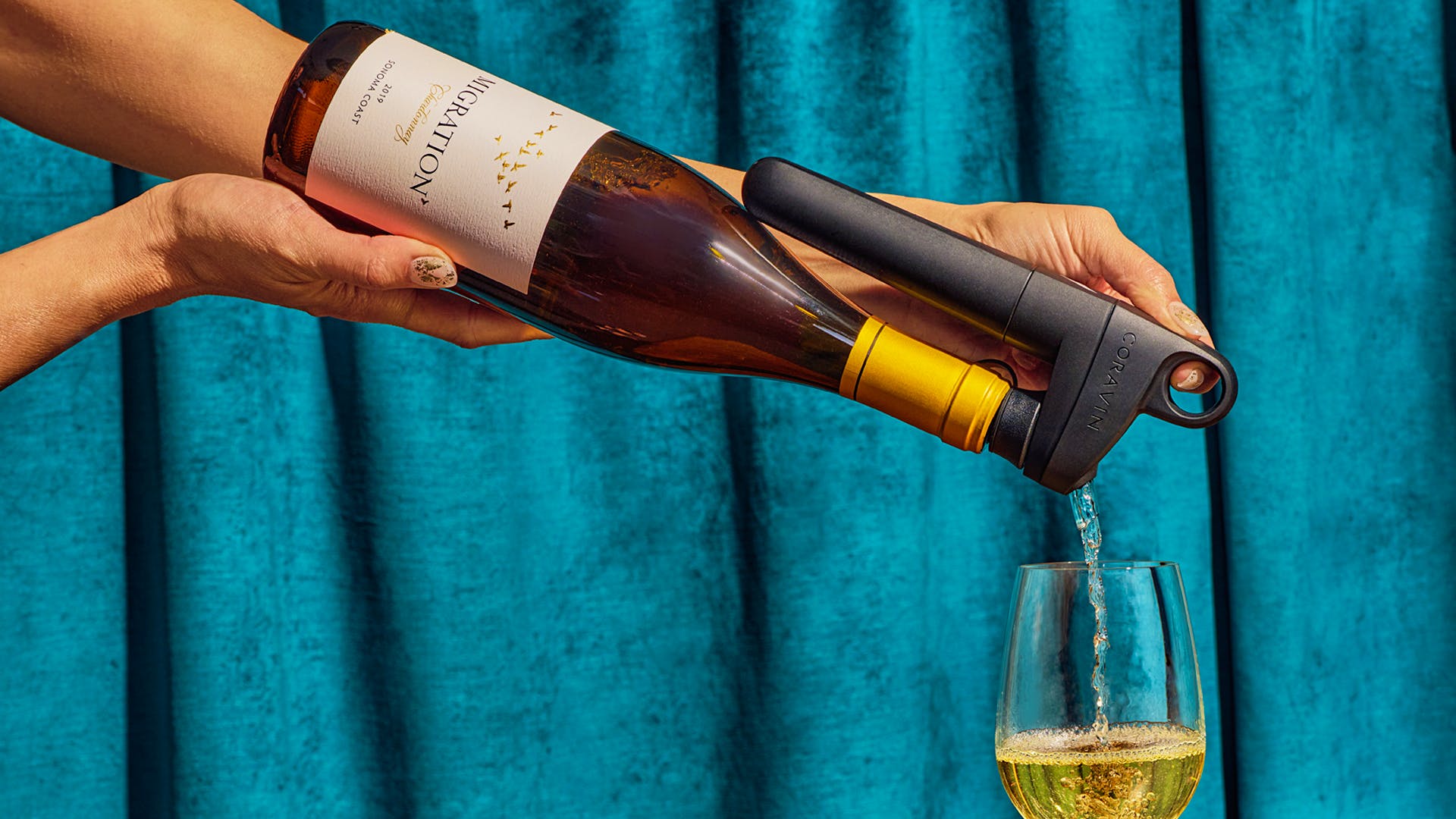

Articles
How To Store Wine Without Cork
Modified: October 20, 2024
Discover the art of storing wine without cork with our informative articles. Learn effective techniques to preserve the quality and taste of your favorite wines.
(Many of the links in this article redirect to a specific reviewed product. Your purchase of these products through affiliate links helps to generate commission for Storables.com, at no extra cost. Learn more)
Introduction
When it comes to storing wine, the traditional method has always involved using a cork to seal the bottle. However, there are several reasons why one might want to explore alternative options for storing wine without a cork.
First and foremost, cork can be susceptible to issues such as cork taint, which can ruin the taste and aroma of the wine. Additionally, cork closures can allow for small amounts of oxygen to enter the bottle, which can result in oxidation over time. This can negatively impact the flavor and longevity of the wine.
Fortunately, there are now several alternatives to cork that are gaining popularity in the wine industry. These alternatives not only offer airtight seals but also have their own unique advantages in terms of convenience, preservation, and even sustainability.
In this article, we will explore some of the most common alternatives to cork and discuss the factors to consider when choosing an alternative closure. We will also provide some valuable tips for storing wine without cork to ensure that your bottles are properly preserved and ready to be enjoyed.
So, if you’re curious about discovering new ways to store your wine without relying on traditional corks, read on to find out more!
Key Takeaways:
- Embrace the Evolution: Explore alternative closures like screw caps, glass stoppers, and boxed wines to preserve wine quality, enhance convenience, and support sustainable winemaking practices.
- Personalized Preservation: Consider factors such as aging potential, storage conditions, and consumer preferences when choosing alternative closures, ensuring optimal wine storage and enjoyment.
Read more: How To Store Open Wine Without Cork
Why Store Wine Without Cork?
While cork has been the go-to choice for sealing wine bottles for centuries, there are a few compelling reasons why you might consider storing wine without it.
1. Preservation: Cork closures can allow small amounts of air to enter the bottle, which can lead to oxidation over time. This can negatively impact the flavor, aroma, and overall quality of the wine. By using alternative closures, you can create a more airtight seal and help preserve the wine’s freshness and integrity.
2. Consistency: Cork can be inconsistent in terms of its quality and sealing capabilities. Some corks may have defects or variations in their density, leading to potential issues like cork taint. By using alternative closures, you can ensure a more consistent and reliable sealing method for your wine bottles.
3. Convenience: Traditional corks can be difficult to remove from the bottle, requiring either a corkscrew or a considerable amount of effort. On the other hand, alternative closures like screw caps or glass stoppers are much easier and quicker to open, making wine consumption more convenient and enjoyable.
4. Environmental Impact: Cork production involves the harvesting of cork oak trees, which play a vital role in carbon absorption and biodiversity. By opting for alternative closures, such as synthetic corks or screw caps, you can reduce the demand for natural cork and contribute to more sustainable winemaking practices.
5. Aging Potential: Some wines benefit from extended aging, but the aging process can be affected by the presence of oxygen through a cork closure. Alternative closures can provide a more airtight seal, allowing for slower and controlled aging, resulting in an improved flavor profile and enhanced aging potential.
Overall, storing wine without cork can offer numerous advantages in terms of preservation, consistency, convenience, environmental impact, and aging potential. By exploring the various alternatives available, you can find a closure method that best suits your preferences and ensures the optimal storage conditions for your beloved bottles of wine.
The Alternatives to Cork
As the demand for alternative wine closures increases, winemakers and consumers are exploring a range of options beyond traditional cork. Let’s take a look at some of the most popular alternatives:
- Screw Caps: Screw caps have gained popularity for their convenience and effectiveness in sealing wine bottles. Made of aluminum or tin, these closures provide an airtight seal, preventing oxygen from entering the bottle and reducing the risk of wine spoilage. Screw caps are particularly suitable for wines that are intended for early consumption, preserving their freshness and vibrancy.
- Glass Stoppers: Glass stoppers offer a visually appealing and environmentally friendly alternative to traditional corks. These stoppers are usually made from high-quality glass and provide an excellent seal, preserving the wine’s freshness and complexity. The advantage of glass stoppers is that they can be resealed after opening, allowing you to enjoy your wine over multiple occasions while maintaining its quality.
- Synthetic Corks: Synthetic corks are made from materials like silicone or plastic and are designed to mimic the look and feel of traditional corks. These closures offer a tight seal and eliminate the risk of cork taint. Synthetic corks are also more consistent in their quality and are less likely to break or crumble during the opening process. They are a popular choice for wines intended for immediate consumption that still benefit from a traditional appearance.
- Boxed Wines: Boxed wines have made a comeback in recent years, offering an alternative packaging method that eliminates the need for traditional closures altogether. These wines are stored in airtight bags inside a cardboard box, ensuring minimal exposure to oxygen. Boxed wines have advantages such as extended shelf life, cost-effectiveness, and the ability to dispense only the desired amount, reducing waste and allowing for longer-term storage of opened bottles.
Each alternative closure method has its own unique advantages and considerations. Factors such as the intended lifespan of the wine, convenience, environmental impact, and personal preference will all play a role in deciding which alternative option is the best fit for you.
In the next sections, we will delve deeper into each of these alternative closures, discussing their benefits, considerations, and how to properly store wine using these methods.
Option 1: Screw Caps
Screw caps have become increasingly popular as an alternative closure for wine bottles. Originally associated with lower-quality wines, screw caps are now widely used across the industry due to their numerous advantages.
One of the main benefits of screw caps is their convenience. Opening a bottle of wine with a screw cap is as simple as twisting off the cap, eliminating the need for a corkscrew. This ease of use makes screw caps a favorite choice for casual wine consumption or when access to a corkscrew is limited.
Beyond convenience, screw caps offer excellent sealing capabilities. They provide an airtight seal, preventing oxygen from entering the bottle and reducing the risk of wine oxidation. This helps to maintain the wine’s freshness and vibrant flavors, particularly for wines that are meant to be enjoyed in their youth.
Screw caps are also effective at preventing cork taint, which is a common issue associated with traditional cork closures. Cork taint can give the wine a musty or moldy smell, impairing its flavor and aroma. By using screw caps, winemakers can eliminate the risk of cork taint, ensuring that the wine reaches consumers in pristine condition.
It’s worth noting that screw caps are not limited to lower-quality wines. Many premium wineries now opt for screw caps to ensure the consistency and longevity of their wines. In fact, screw caps can be particularly beneficial for wines that are intended for long-term aging, as they provide a more reliable seal compared to cork closures, reducing the risk of oxidation over time.
When storing wine with screw caps, it is recommended to keep the bottles upright to prevent the wine from coming into contact with the cap, which could cause potential corrosion. The wine should also be stored in a cool, dark place with consistent temperature and humidity levels to ensure optimal aging conditions.
In summary, screw caps offer a convenient and effective alternative to traditional cork closures. They provide an airtight seal, preventing oxidation and cork taint, and are suitable for wines meant for both immediate consumption and long-term aging. Consider using screw caps for easy access and optimal preservation of your favorite wines.
Option 2: Glass Stoppers
In recent years, glass stoppers have emerged as a stylish and eco-friendly alternative to traditional cork closures for wine bottles. These stoppers offer several advantages that make them an attractive choice for both winemakers and consumers.
One of the main benefits of glass stoppers is their aesthetic appeal. The transparent and elegant appearance of glass stoppers adds a touch of sophistication to the wine bottle and enhances the overall presentation. This makes them particularly popular for premium wines or special occasions where visual appeal plays an important role.
Besides their visual appeal, glass stoppers also provide an excellent seal, ensuring the freshness and quality of the wine. The glass stopper forms a tight seal, preventing oxygen from entering the bottle and minimizing the risk of oxidation. This allows the wine to retain its flavors, aromas, and complexity over an extended period.
Another advantage of glass stoppers is their resealable nature. Once the glass stopper is removed, it can be easily reinserted, allowing you to enjoy your wine over multiple occasions without compromising its freshness. This makes glass stoppers a great choice for those who like to savor their wine over time.
In addition to their functionality, glass stoppers are also eco-friendly. They are often made from high-quality glass, which is a sustainable material that can be recycled. By opting for glass stoppers, you contribute to reducing waste and supporting more environmentally friendly packaging options in the wine industry.
When it comes to storing wine with glass stoppers, it is important to ensure that the stoppers are clean and free from any residues before resealing the bottle. Proper cleaning and care will help maintain the quality of the wine and prevent any potential contamination.
Overall, glass stoppers offer an elegant and environmentally conscious alternative to traditional cork closures. Their tight seal, resealable nature, and attractive appearance make them a desirable choice for wine enthusiasts who value both aesthetics and functionality. Consider opting for glass stoppers to add a touch of sophistication to your wine collection while preserving its quality and freshness.
Store wine without a cork by using a wine vacuum pump to remove air from the bottle, then sealing it with a reusable silicone stopper. This will help preserve the wine’s flavor and aroma.
Option 3: Synthetic Corks
Synthetic corks have gained popularity as a viable alternative to traditional cork closures in the wine industry. Made from materials like silicone or plastic, synthetic corks offer several advantages that make them an attractive choice for both winemakers and consumers.
One of the primary benefits of synthetic corks is their consistency and reliability. Unlike natural cork, synthetic corks have a standardized quality and density, reducing the risk of cork taint and ensuring a more consistent sealing performance. This consistency allows winemakers to have more control over the aging process and helps maintain the wine’s flavor and aroma over time.
Synthetic corks are also known for their durability. They do not break or crumble during the opening process, eliminating the risk of cork particles ending up in the wine. This makes them a practical choice for both wine producers and consumers, as there is no need to worry about cork-related issues or the use of a corkscrew.
Furthermore, synthetic corks provide an airtight seal, minimizing the contact between the wine and the outside air. This helps prevent oxidation and ensures that the wine remains fresh and vibrant, even after extended periods of storage. Designed to fit snugly into the bottle neck, synthetic corks create a barrier that helps preserve the wine’s qualities.
Unlike natural cork, synthetic corks are unaffected by changes in humidity and moisture. They do not dry out or become susceptible to mold growth, which can compromise the integrity of the wine. Synthetic corks offer a consistent performance regardless of the storage conditions, making them a reliable choice for both professional cellars and home storage.
When using synthetic corks, it is important to note that they are not suitable for long-term aging of wines that require extended bottle aging. However, they are an excellent choice for wines intended for immediate consumption or those that are not meant to be aged for an extended period.
Overall, synthetic corks provide a reliable and consistent closure option for wine bottles. Their durability, consistent sealing performance, and resistance to cork taint make them a practical choice for both winemakers and consumers. Consider using synthetic corks for wines that are meant to be enjoyed in the short to medium-term, ensuring that your bottles are properly sealed and preserved.
Option 4: Boxed Wines
Boxed wines have gained popularity in recent years as a convenient and eco-friendly alternative to traditional bottled wines. Rather than using a cork or any other closure, boxed wines utilize a sealed bag inside a cardboard box for storage and dispensing.
One of the main advantages of boxed wines is their extended shelf life. The sealed bag inside the box offers superior protection against oxidation compared to traditional closures. With minimal exposure to air, boxed wines can stay fresh for weeks or even months after opening, making them an ideal choice for those who prefer to enjoy wine over an extended period of time.
Boxed wines also offer convenience. The design of the box allows for easy pouring, eliminating the need for a corkscrew or additional tools. The bag inside the box collapses as the wine is dispensed, ensuring that the remaining wine isn’t exposed to air, maintaining its quality until the last drop.
Another benefit of boxed wines is their cost-effectiveness. The packaging of boxed wines is often more affordable compared to bottled wines. Additionally, the larger volume of wine typically found in a box can provide better value for money, making boxed wines an attractive option for those who want to enjoy quality wine on a budget.
From an environmental standpoint, boxed wines are more sustainable than traditional bottled wines. The cardboard used in the packaging is recyclable, while the bag inside the box generates less waste than individual glass bottles. Opting for boxed wines can help reduce the carbon footprint associated with the wine industry and contribute to a more eco-friendly wine consumption habit.
It is worth noting that while boxed wines are typically associated with more affordable and everyday drinking wines, high-quality and premium wines are now being offered in boxed formats as well. As the popularity of boxed wines continues to grow, winemakers are recognizing the convenience and sustainability of this packaging method.
When storing boxed wines, it is essential to keep them in a cool, dry place away from direct sunlight. This will help maintain the wine’s quality and prevent premature aging or spoilage. It is also important to follow the recommended shelf life guidelines provided by the producer.
In summary, boxed wines offer a convenient, cost-effective, and eco-friendly alternative to traditional bottled wines. They provide an extended shelf life, easy pouring, and a sustainable packaging solution. Consider exploring the diverse range of boxed wine options available and enjoy the benefits of this modern and innovative approach to wine packaging.
Factors to Consider When Choosing Alternative Closures
When deciding on an alternative closure for wine bottles, there are several important factors to consider. Making an informed decision will help ensure that your chosen closure meets your specific needs and enhances the overall enjoyment of your wine. Here are some key factors to consider:
- Wine Type and Aging Potential: Different closures can impact the aging potential and flavor profile of wines differently. Consider the type of wine you are storing and its intended aging potential. For example, wines that benefit from extended aging may require closures that provide a more consistent barrier to oxygen, such as screw caps or synthetic corks.
- Presentation and Image: The closure you choose can contribute to the overall presentation and perceived quality of the wine. Consider the desired image you want to convey with your wine selection. Glass stoppers, for instance, offer an elegant and premium appearance, while screw caps can be associated with convenience and modernity.
- Storage Conditions: The storage conditions of your wine play a crucial role in its preservation. Consider the temperature, humidity, and light exposure of your storage space. Some closures, like screw caps, provide a more airtight seal, making them suitable for wines stored in varying temperature environments.
- Convenience and Accessibility: Convenience is an important factor to consider, especially for everyday wine consumption. If quick and easy access to your wine is a priority, closures like screw caps or glass stoppers allow for effortless opening and resealing without the need for additional tools.
- Environmental Impact: Sustainability is becoming an increasingly important consideration for many wine consumers. If reducing waste and supporting eco-friendly practices are important to you, options like synthetic corks or boxed wines can be favorable choices due to their recyclability and reduced carbon footprint.
- Consumer Perception and Expectations: Consumer perception may also influence your choice of closure. Consider the expectations of your target audience or the preferences of the people you will be sharing the wine with. While alternative closures are becoming more widely accepted, some individuals may still have strong associations or opinions regarding traditional corks.
Ultimately, the choice of the closure will depend on your personal preferences, the characteristics of the wine, and the intended purpose of storage and consumption. It is important to weigh these factors and consider the specific requirements of your wine collection to make an informed decision.
By carefully considering these factors, you can select an alternative closure that not only preserves the quality and freshness of your wine but also aligns with your preferences, values, and overall enjoyment of the wine-drinking experience.
Tips for Storing Wine Without Cork
Storing wine without a cork requires some special considerations to ensure that the wine is properly preserved and protected. Here are some useful tips to help you store your wine without cork:
- Choose the Right Closure: Select the alternative closure that best suits your needs and the characteristics of the wine. Consider factors such as the desired aging potential, convenience, and environmental impact. Different closures have varying sealing capabilities, so choose one that provides a reliable barrier against oxygen.
- Store the Wine Properly: Regardless of the closure, proper storage conditions are essential for maintaining wine quality. Keep your wine bottles away from strong light, extreme temperatures, and excessive humidity. Aim for a consistent and cool temperature, ideally around 55°F (13°C), to avoid spoilage and damage to the wine.
- Keep Bottles Upright: Unlike cork-sealed bottles, wines with alternative closures should be stored upright. This helps prevent the wine from coming into contact with the closure material, which can cause potential issues such as tainting or deterioration of the seal.
- Avoid Agitation: Handle the wine bottles with care to avoid excessive agitation. Shaking or rough handling can disturb any sediment that may have settled in the bottle, impacting the clarity and flavor of the wine. Maintaining a gentle touch during storage and handling helps to preserve the wine’s quality.
- Monitor for Leaks or Deterioration: Regularly check the alternative closure for any signs of leaks or deterioration. Some closures can break down over time, compromising the seal and potentially exposing the wine to oxygen. Inspect the closure and ensure that it remains intact and in good condition to maintain the wine’s freshness.
- Keep Track of Storage Time: It is important to keep a record of the storage time for each bottle of wine without a cork. Different closures have varying aging potential, and tracking the duration of storage can help you determine the optimal time to consume the wine for the best flavor and experience.
- Enjoy within a Reasonable Timeframe: While alternative closures offer good preservation, it is generally recommended to enjoy the wine within a reasonable timeframe. These closures may not provide the same aging potential as traditional cork, and the wine’s quality may start to decline after a certain period. Check the recommended consumption timeframe for the specific closure you are using.
- Experiment and Find Your Preferences: With the increasing availability of alternative closures, it’s a great opportunity to experiment and find your personal preferences. Explore different closure options and compare their impact on the wine’s taste, aroma, and aging potential. Discover the unique characteristics and advantages of each closure type.
By following these tips, you can ensure that your wine without a cork is stored properly and ready to be enjoyed at its best. Remember to choose the right closure, maintain ideal storage conditions, and keep an eye on the wine for any signs of deterioration. Cheers to enjoying your beautifully stored wine!
Conclusion
Exploring alternative closures for storing wine without a cork not only offers practical benefits but also opens up new possibilities for preservation, convenience, and sustainability. Screw caps, glass stoppers, synthetic corks, and boxed wines provide viable options for ensuring the freshness and longevity of your favorite wines.
Considering factors such as the wine type, aging potential, storage conditions, and consumer preferences can help you make an informed decision when choosing an alternative closure. Each closure type has its own advantages, whether it’s the convenience of screw caps, the elegance of glass stoppers, the consistency of synthetic corks, or the extended shelf life of boxed wines.
Proper storage techniques, such as storing bottles upright, monitoring for leaks or deterioration, and keeping track of storage time, are essential for maintaining the quality of wine without a cork. By following these tips, you can ensure that your wine is protected from oxidation and spoilage, ready to be enjoyed at its best.
Ultimately, the world of wine is evolving, and alternative closures offer exciting opportunities for both winemakers and enthusiasts. Whether it’s preserving the aging potential of fine wines or enjoying the convenience of everyday bottles, exploring alternative closures allows for more personalized and enjoyable wine experiences.
So, go ahead and embrace the options available to you. Experiment, discover your preferences, and savor the delights of wine stored without a cork. Cheers to finding the perfect closure that enhances your wine-drinking journey and raises a glass to the joy of exploration and innovation in the world of wine!
Frequently Asked Questions about How To Store Wine Without Cork
Was this page helpful?
At Storables.com, we guarantee accurate and reliable information. Our content, validated by Expert Board Contributors, is crafted following stringent Editorial Policies. We're committed to providing you with well-researched, expert-backed insights for all your informational needs.
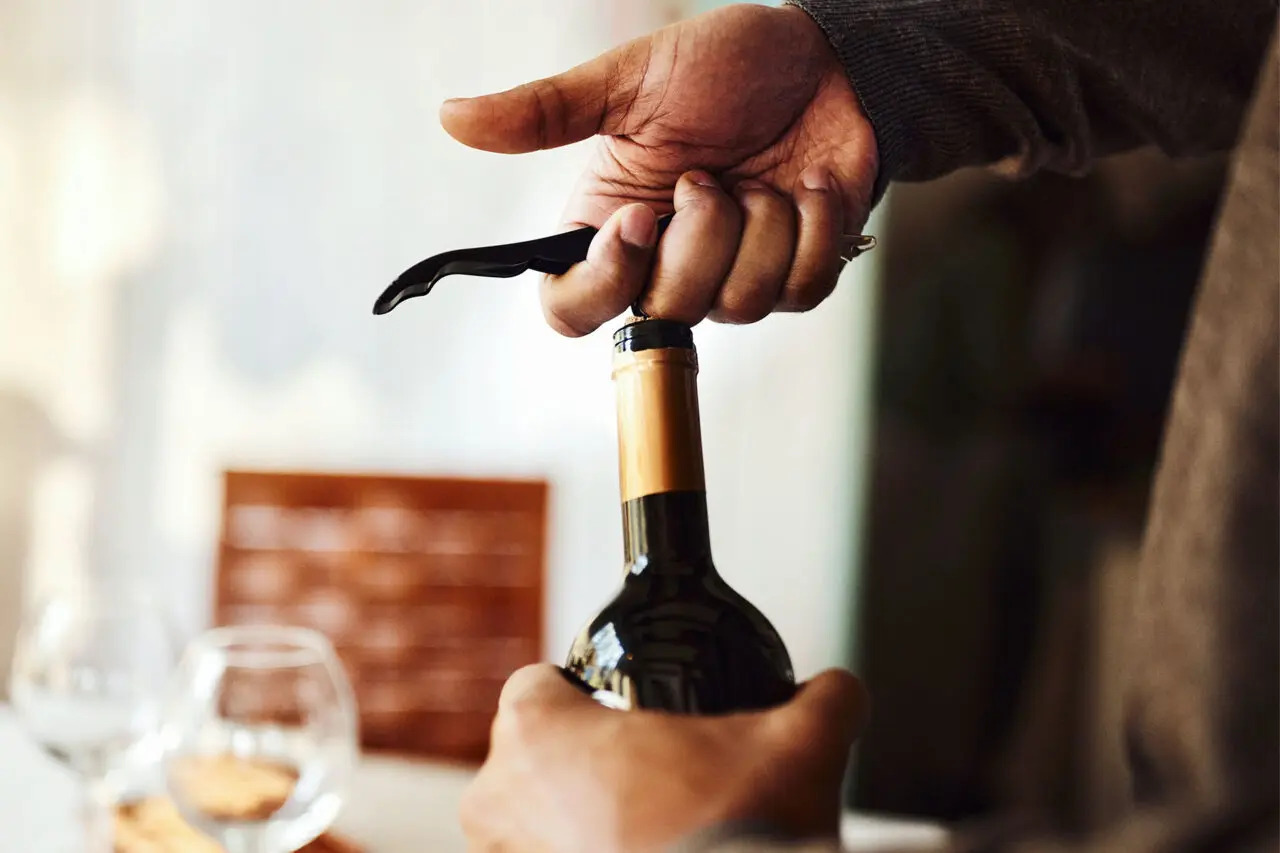
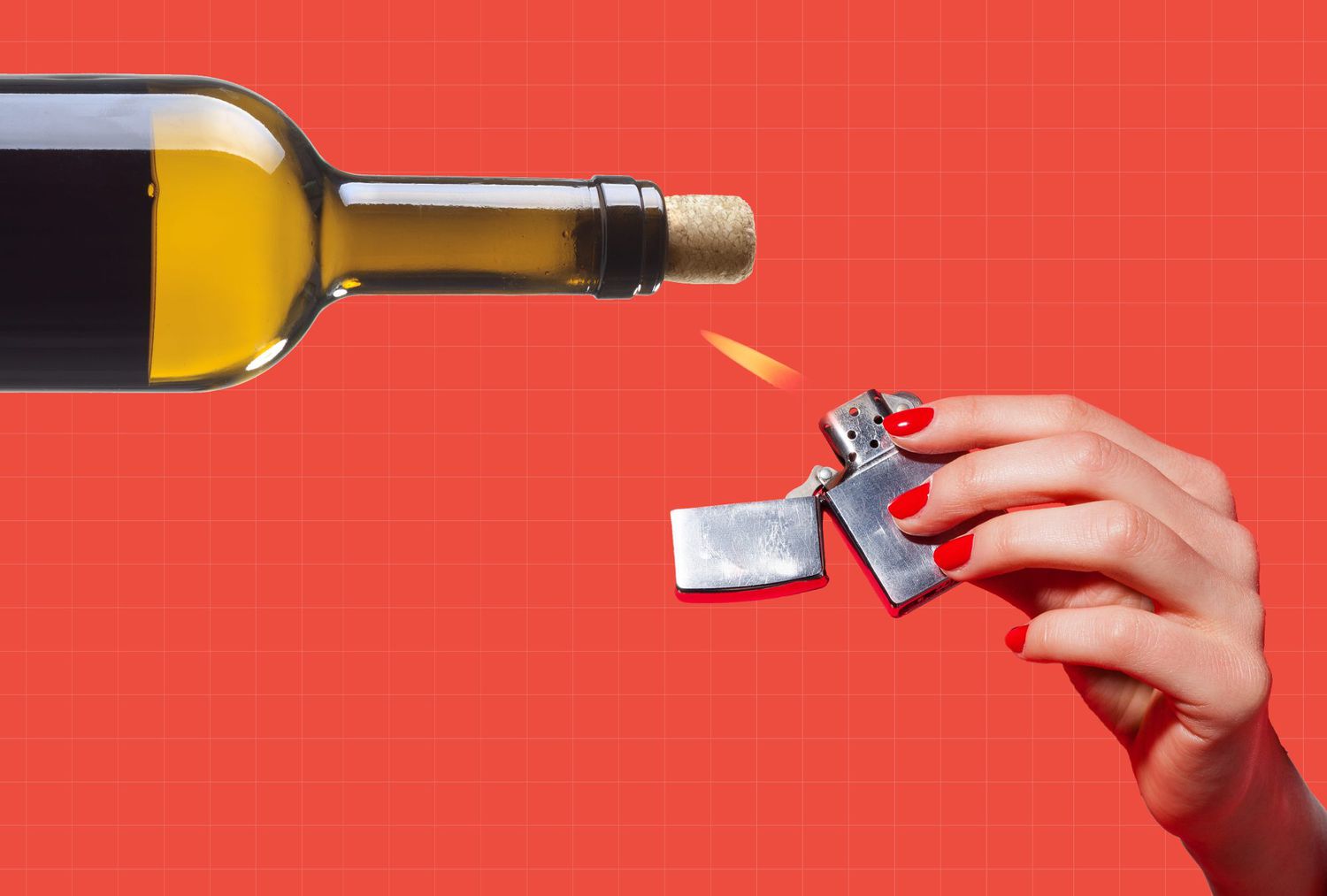
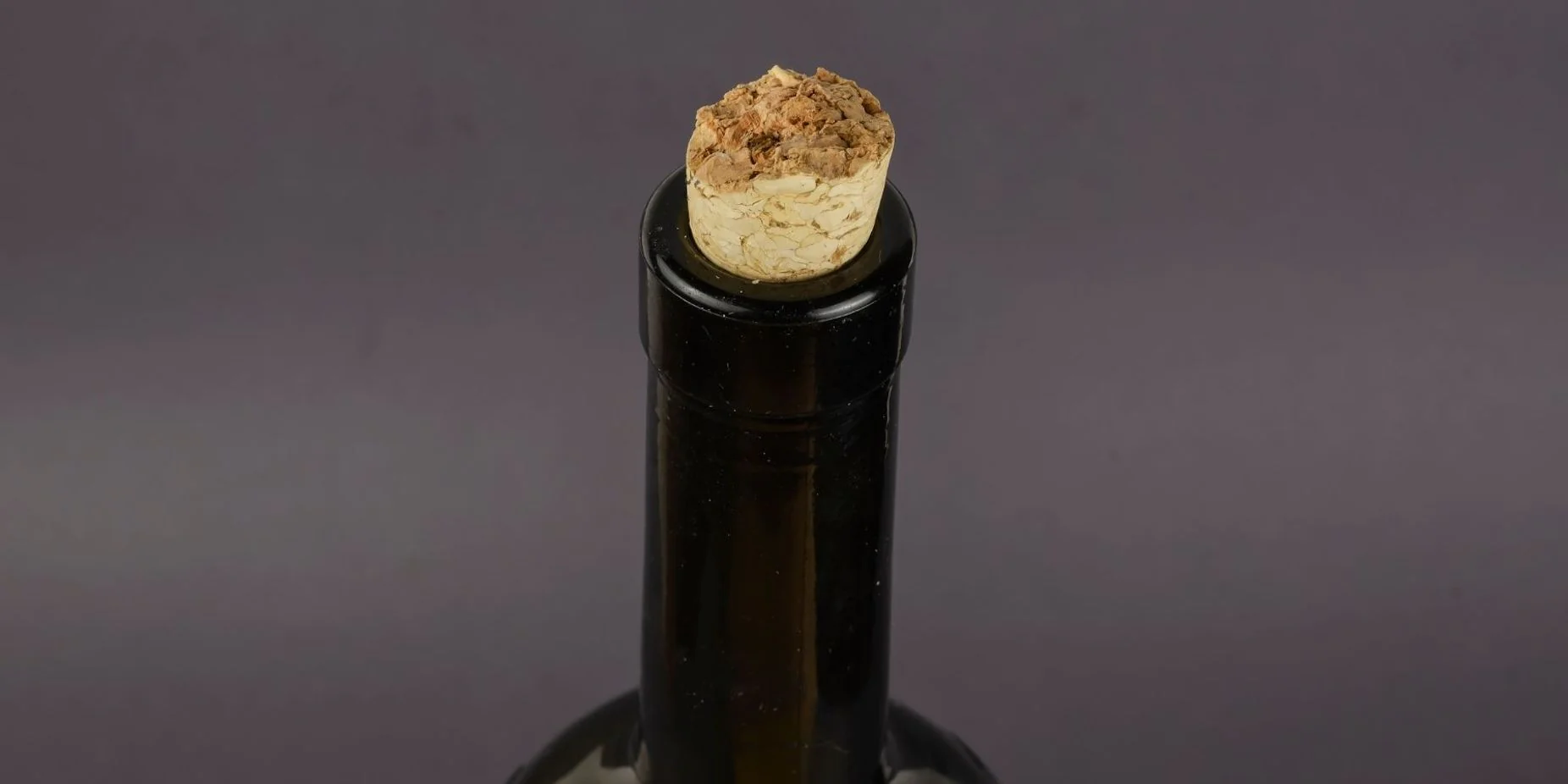
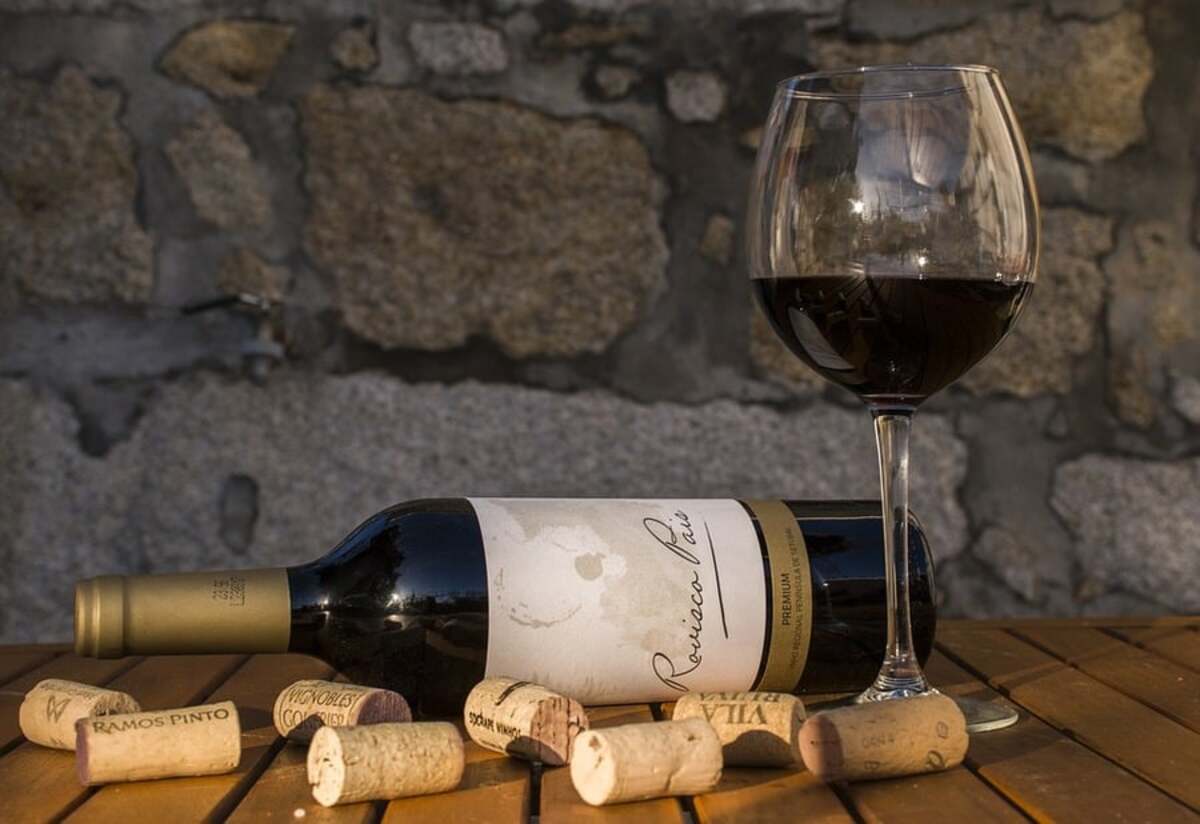
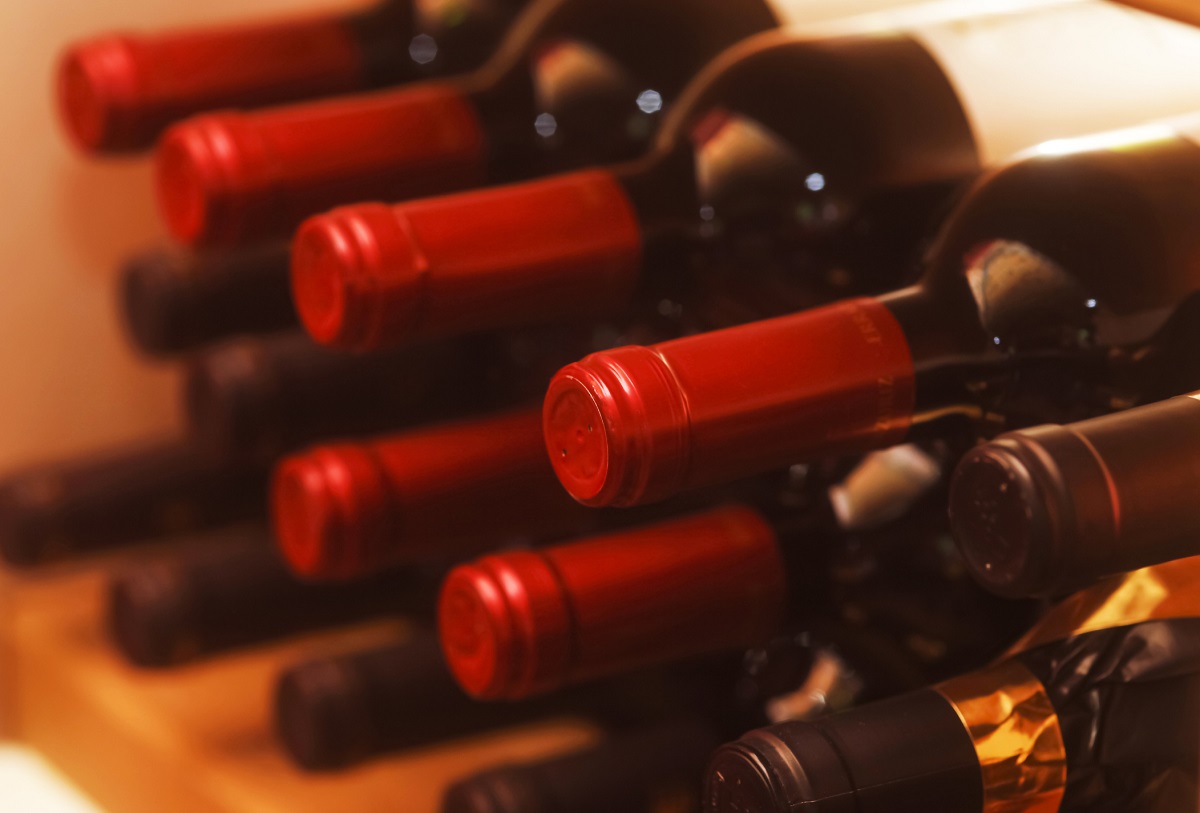
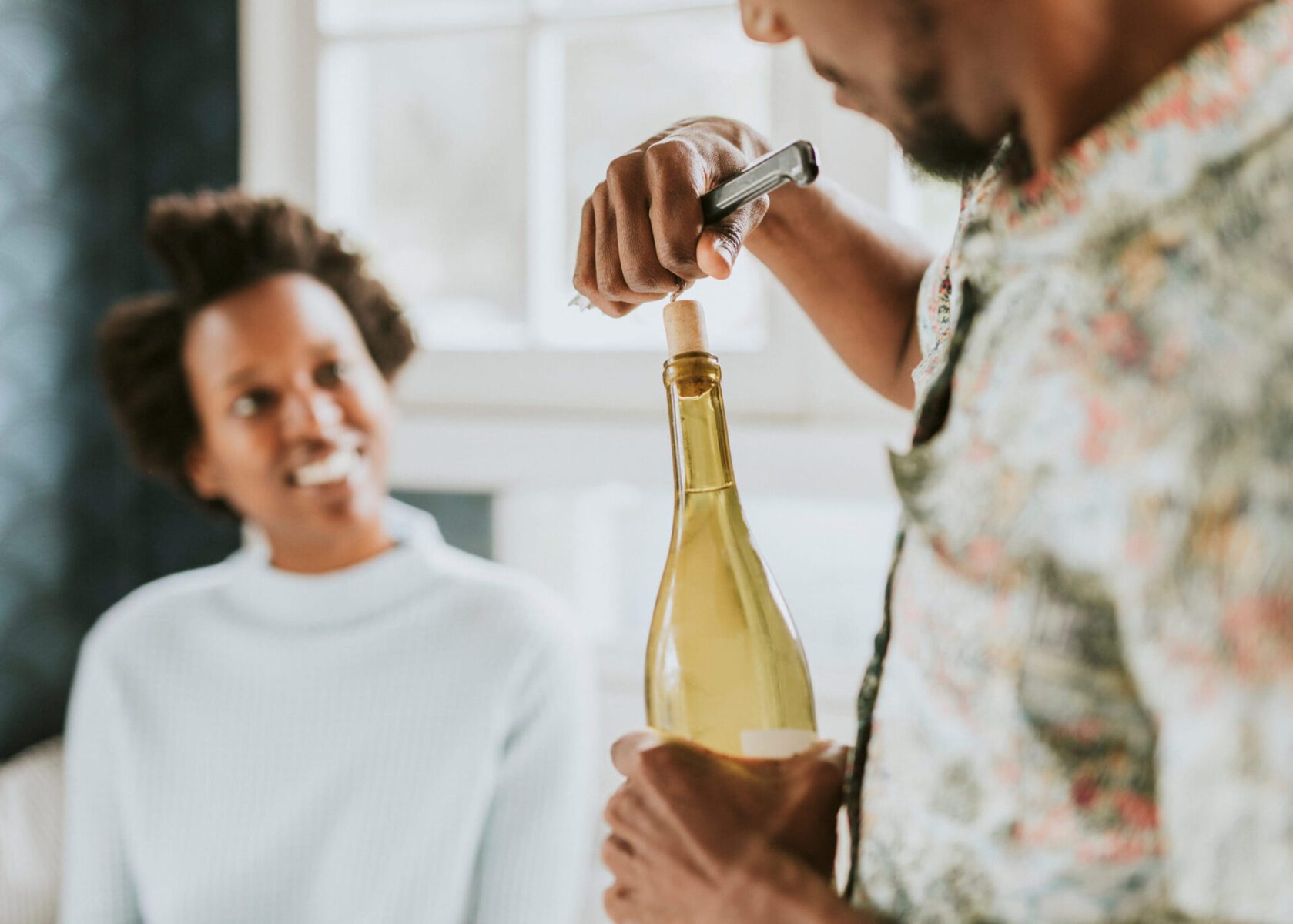
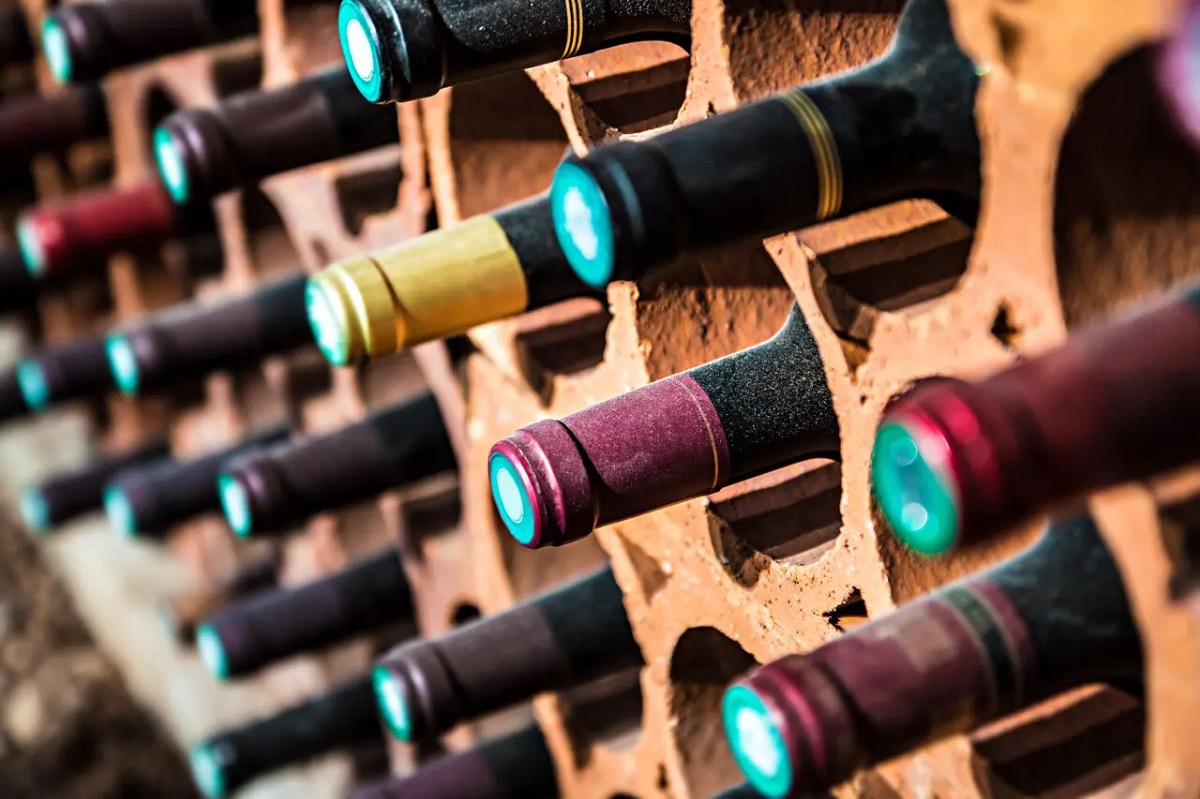
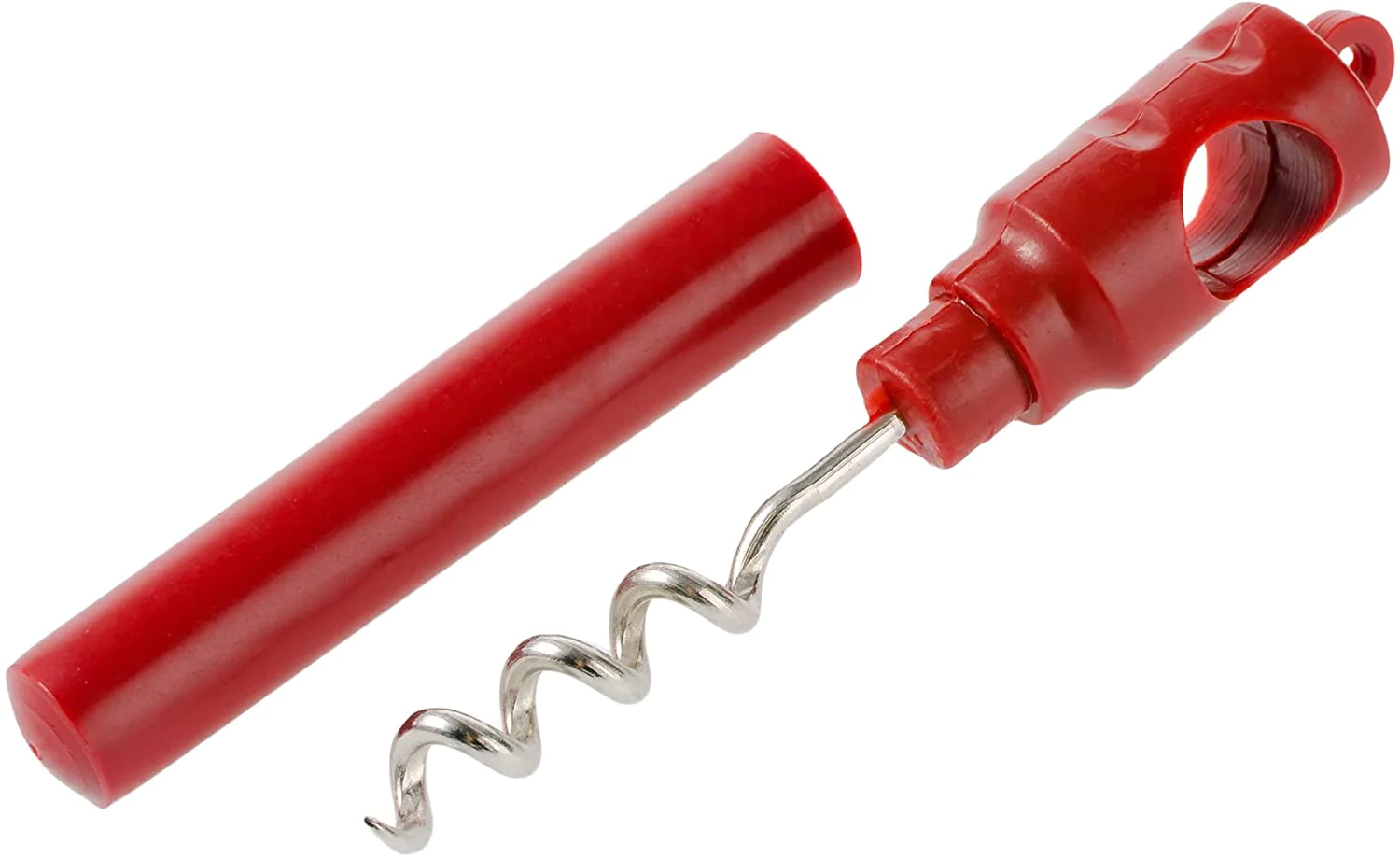
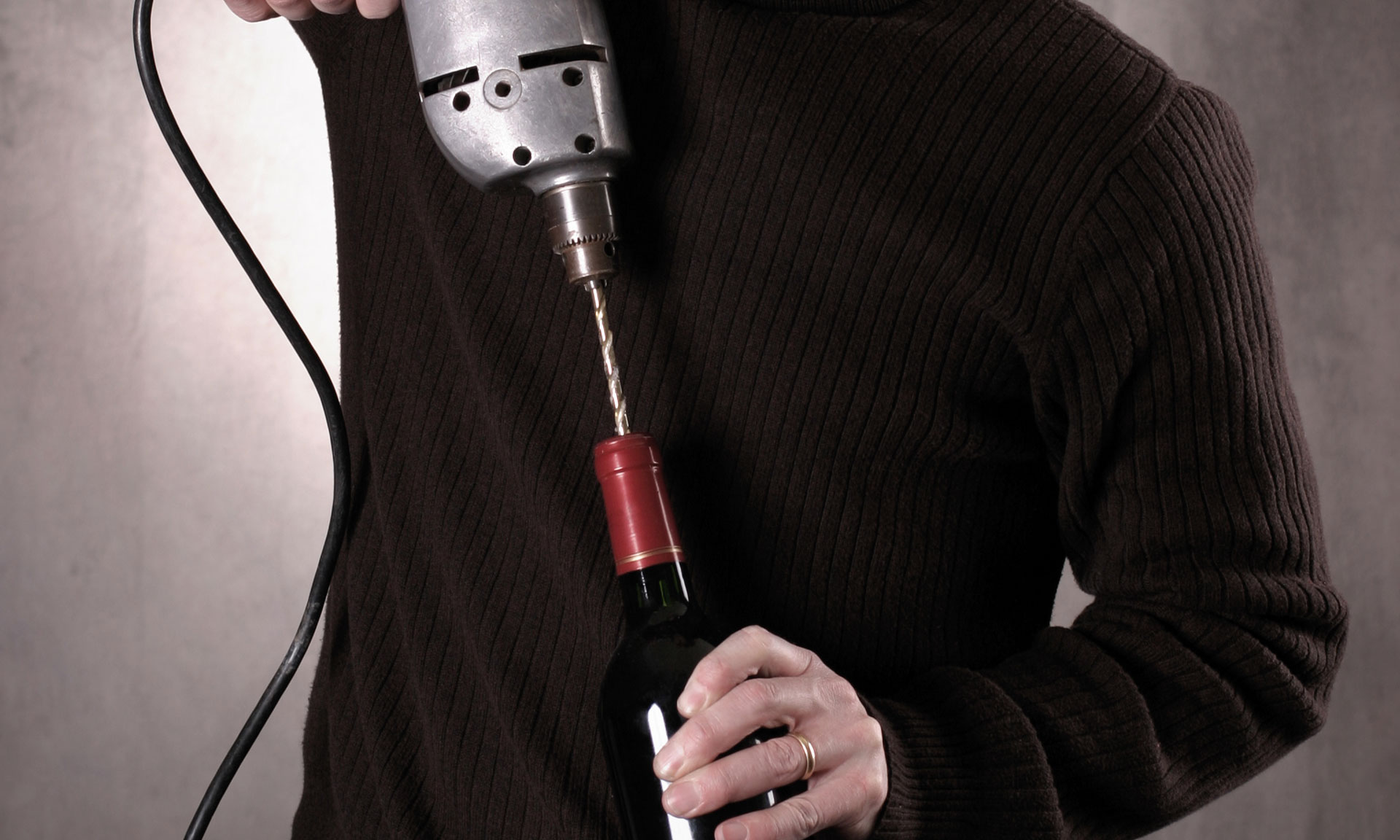
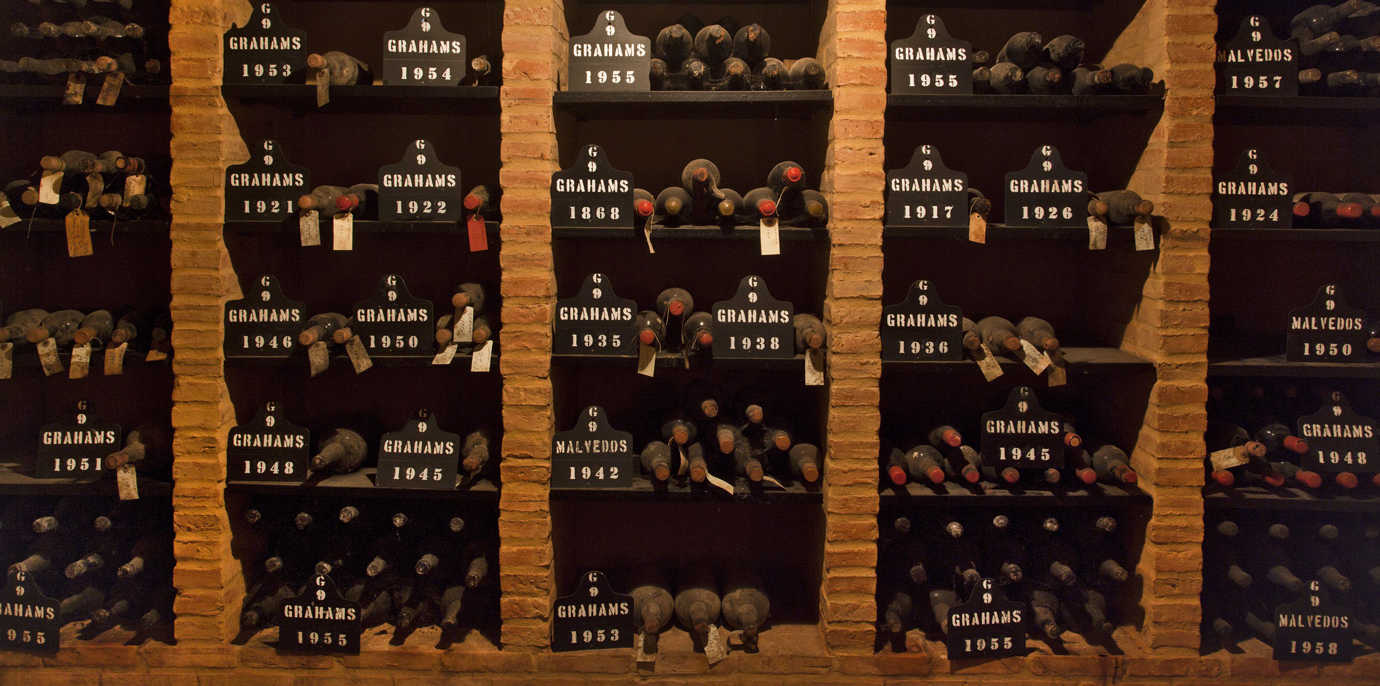

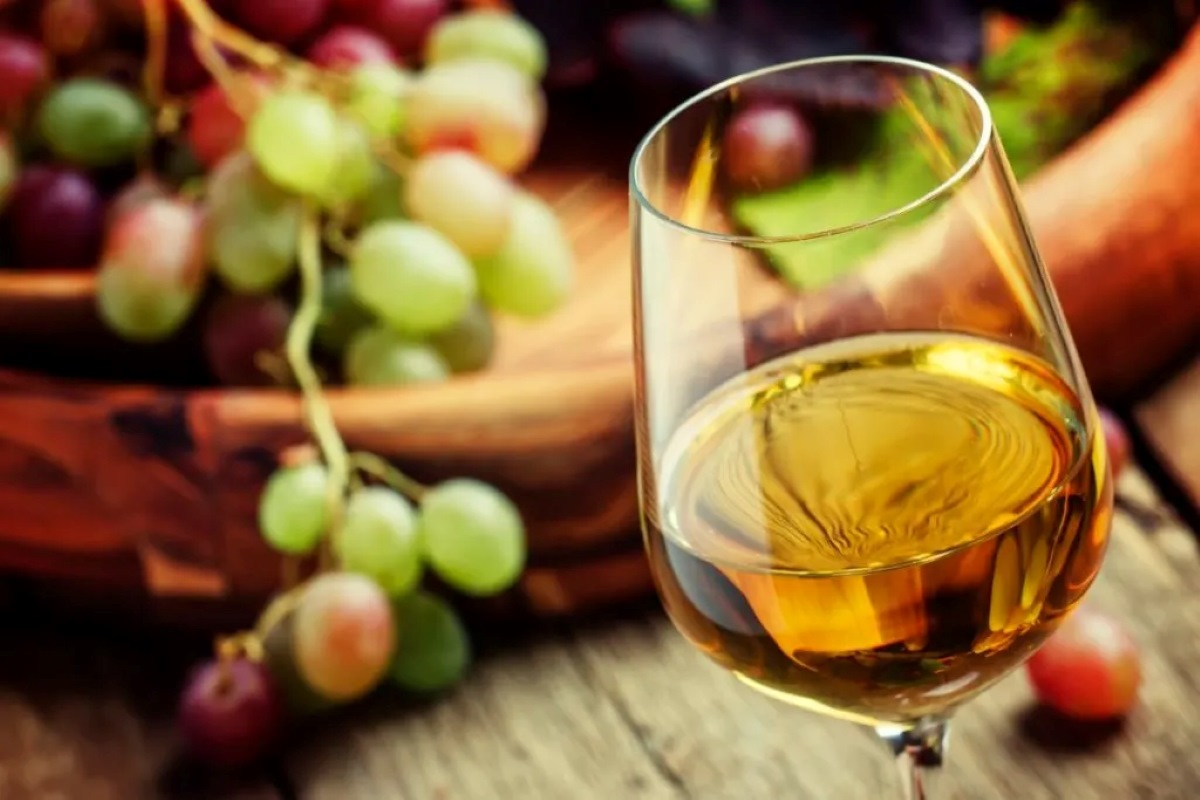
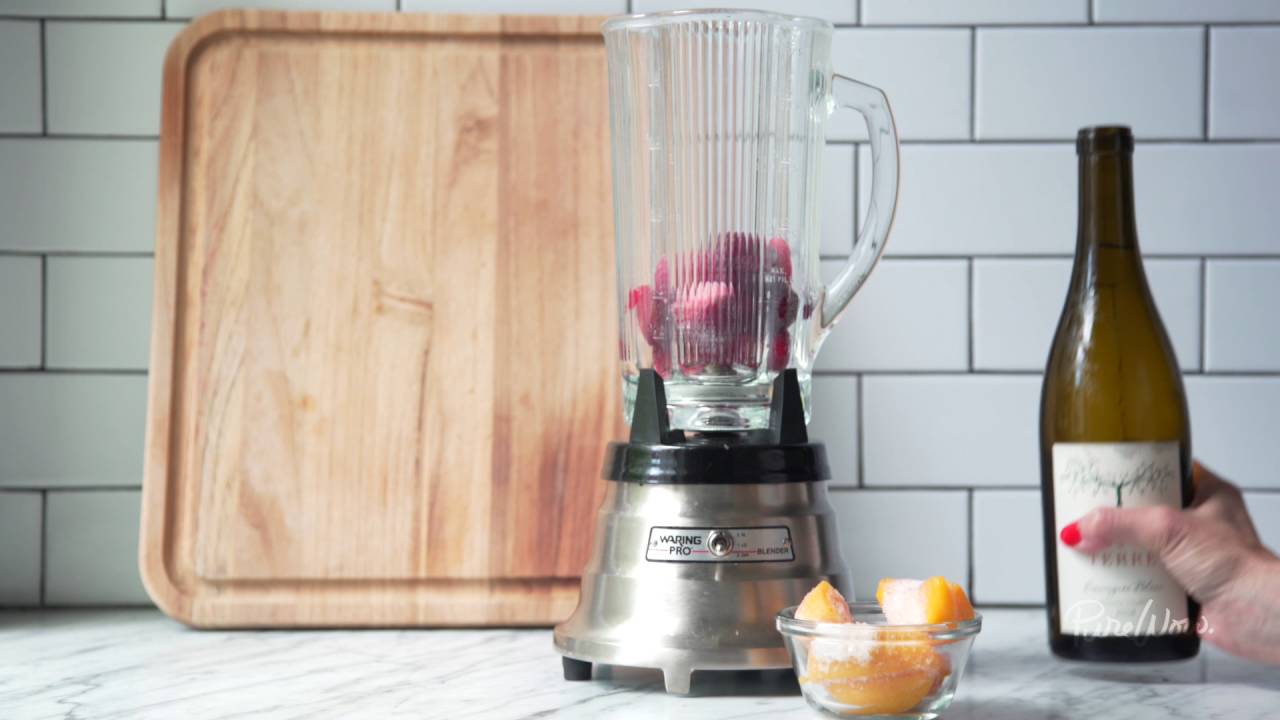

0 thoughts on “How To Store Wine Without Cork”